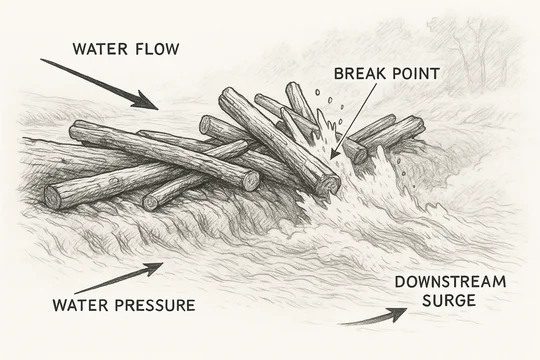Chief Judge Connolly issued an interesting opinion on Friday, denying a motion to dismiss a DJ complaint in favor of an earlier-filed infringement action in the Western District of Texas.
The DJ case is the second Delaware action between these parties. After Judge Connolly found the claims in the first case invalid under § 101, the patentee brought an infringement action in Texas on a "virtually identical" continuation patent.
Although the Texas case was filed first, Judge Connolly declined to apply the first-to-file rule. He based his decision not only on judicial economy (i.e., he had already devoted substantive attention to the earlier, "virtually identical" patent), but also on the patentee's "litigation gamesmanship":
Second, SmileDirectClub' s litigation gamesmanship should not be rewarded with a rigid application of the first-to-file rule. Last year, when it wanted me to issue a preliminary injunction against Candid Care, SmileDirectClub stated that the #599 and #522 patents are "very, very similar, if not identical," that they have "substantially similar claims," and that they "both claim the near identical methods." But in January of this year, when it wanted Judge Albright to deny Candid Care's motion to dismiss the Texas case, SmileDirectClub told Judge Albright that "there are clear differences in the scope of the claims" of the two patents. SmileDirectClub, LLC v. Candid Care Co., Civil No. 6:20-cv-1115-ADA, D.I. 17 at 9 (W.D. Tex. Jan. 19, 2021). SmileDirectClub's flexibility with the truth counsels against applying the first-to-file rule to this action. See Commc 'ns Test Design, 952 F.3d at 1362 (noting that district courts "have discretion to make exceptions to th[e] general [first-to-file] rule in the interest of justice") (internal quotation marks and citation omitted).
If you enjoyed this post, consider subscribing to receive free e-mail updates about new posts.






